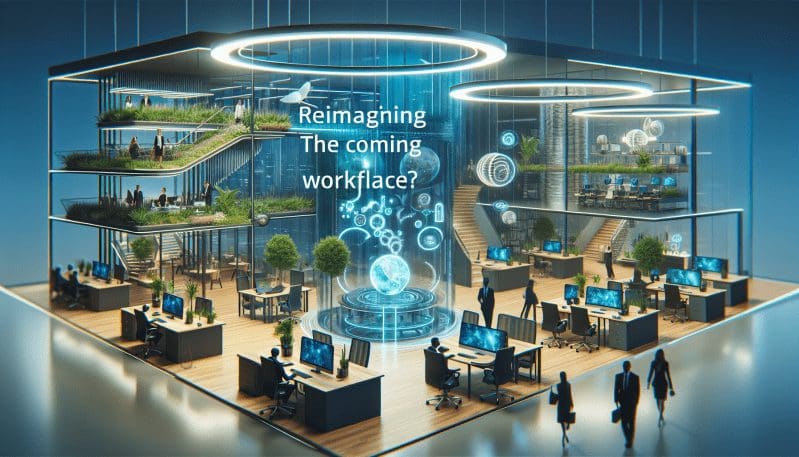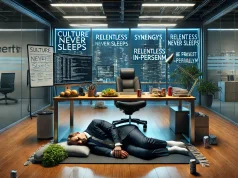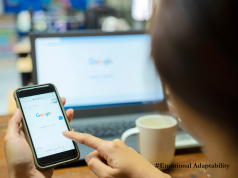The concept of the workplace has been evolving at an unprecedented rate, especially in the wake of a global shift towards remote working. Here in New York, known for its bustling offices and iconic skyscrapers, the narrative of the traditional office is being rewritten to accommodate the needs of a modern workforce. As a beacon for business innovations, New York companies are at the forefront of transforming office spaces into environments that foster collaboration, flexibility, and well-being.
The once standard cubicle farms are making way for diverse and multi-functional spaces. Gone are the days when personal offices symbolized status and success. Instead, enterprises are emphasizing transparency, openness, and communal spaces that encourage interactions and teamwork. Breakout areas, think tanks, and even lounge-like settings are now common, bridging the gap between formal and informal work areas. Notably, these innovative designs reflect a deeper understanding of how physical spaces can influence creativity, engagement, and productivity.
However, in our pursuit of open-plan offices, a critical element that’s often overlooked is the need for personal space. The New York Times readership, many of whom are well-acquainted with both the hustle of the city and the desire for personal sanctuary, can appreciate the delicate balance needed in workplace design. The most successful office layouts offer a hybrid solution, incorporating quiet zones and private pods for focused work or confidential matters, alongside collaborative areas. This blend addresses the diverse needs of employees, acknowledging that a one-size-fits-all approach is no longer viable.
Moreover, the concept of well-being extends beyond just the mental and social aspects; physical health is equally prioritized. Companies are integrating ergonomic furniture, standing desks, and even wellness rooms to ensure their employees’ health is not compromised. Biophilic design, which utilizes natural elements to increase occupants’ connectivity to the natural environment, is gaining traction. Imagine stepping into a New York office that greets you with plant walls, abundant natural light, and maybe even a water feature – such elements not only rejuvenate the spirit but also clean the air.
In terms of flexibility, the rise of remote work options has called into question the very necessity of a permanent office space for every employee. For some New York firms, this has translated into hot-desking arrangements and flexible workspaces that cater to a mobile workforce. This shift offers employees the liberty to work from home, shared workspaces, or even across different company locations, a flexibility that was once considered a luxury.
As we reimagine the future of office design, it is paramount that we recognize the individuality of each worker and the multiplicity of their needs. New York companies that are leading the charge understand this, as they create versatile spaces where collaboration happens naturally, productivity is enhanced, and well-being is ingrained in the very fabric of the workplace.
By fostering environments that reflect these values, we don’t just build offices – we cultivate spaces that support the evolving tapestry of work itself, ensuring that our workforce is equipped to face the challenges and opportunities of tomorrow.




























